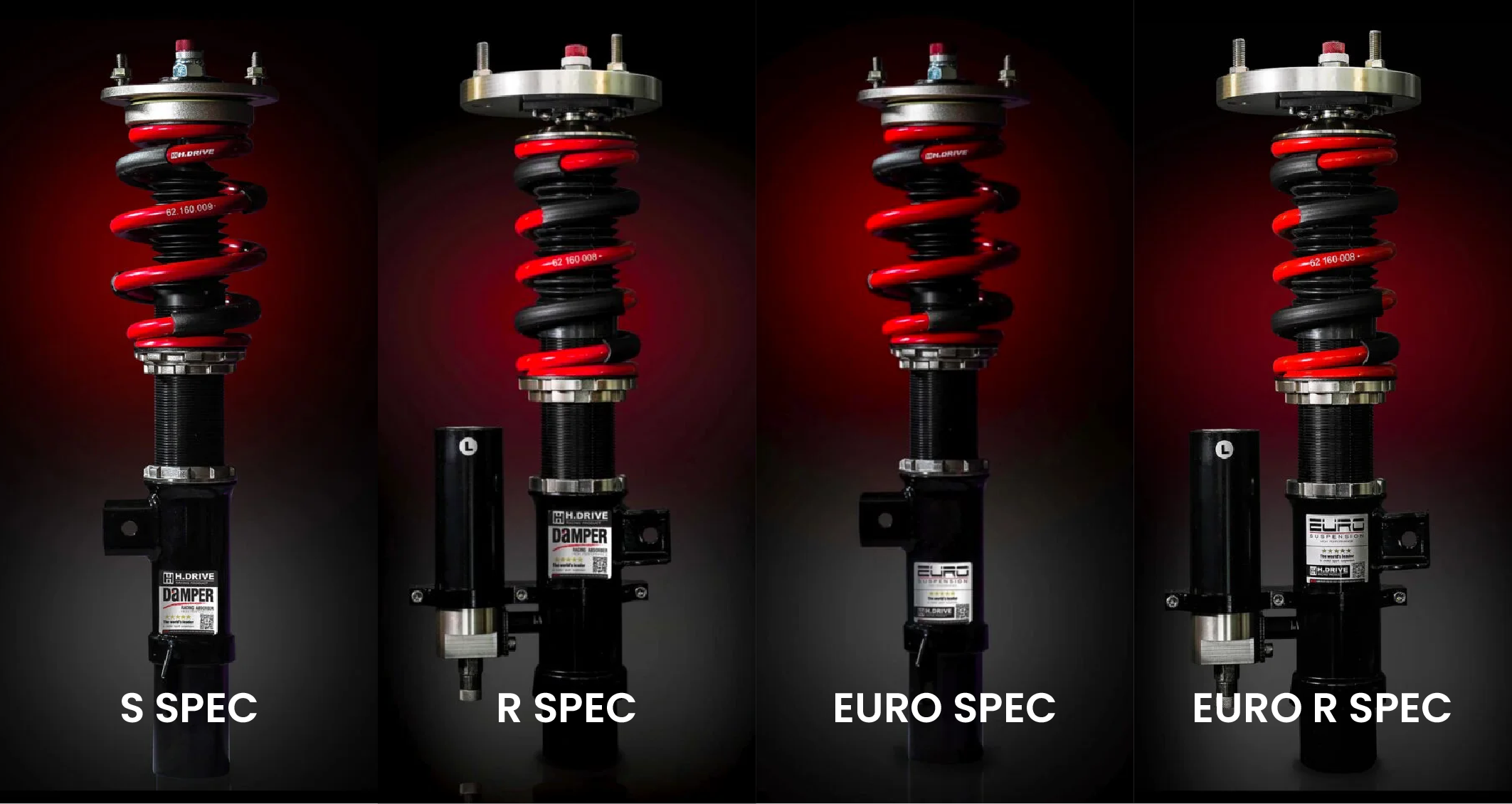All-Season, Summer, and Winter Tyres: What’s the Difference and Which One Should You Choose?
Choosing the right tyres for your vehicle can significantly affect safety, performance, and driving comfort. Among the most common types are all-season, summer, and winter tyres. But what sets them apart? Let’s explore the key differences to help you make an informed decision when selecting the best tyres for your car.
1. All-Season Tyres

All-season tyres are designed to provide a balanced performance in various weather conditions. These tyres are a popular choice for drivers seeking convenience and versatility, offering year-round usability in mild climates.
Key Features:
-
Tread Design: Moderate tread patterns for handling both wet and dry roads.
-
Rubber Compound: Medium-hard compound that remains flexible in mild winter conditions but is durable enough for summer.
-
Temperature Range: Ideal for temperatures above 7°C (45°F).
Advantages:
- Practical for regions with moderate, year-round climates.
- No need to switch tyres seasonally.
- More cost-effective than owning two sets of tyres.
Drawbacks:
- Reduced performance in extreme weather conditions.
- Not as effective as dedicated winter or summer tyres for specialised conditions.
2. Summer Tyres

Summer tyres are engineered to provide optimal performance during warmer months, offering superior grip, handling, and braking capabilities.
Key Features:
-
Tread Design: Minimal grooves and solid tread blocks to maximise road contact.
-
Rubber Compound: Softer compound designed for enhanced traction in warm conditions.
-
Temperature Range: Best suited for temperatures above 7°C (45°F).
Advantages:
- Excellent handling and responsiveness.
- Shorter braking distances on dry and wet roads.
- Ideal for performance cars and spirited driving.
Drawbacks:
- Poor performance in cold weather as the rubber hardens and loses grip.
- Not suitable for snowy or icy conditions.
3. Winter Tyres

Winter tyres are specially designed for cold weather and provide exceptional performance in snow, slush, and icy conditions, ensuring maximum safety and control during harsh winter months.
Key Features:
-
Tread Design: Deep grooves and sipes to improve grip on snowy and icy surfaces.
-
Rubber Compound: Flexible compound that stays soft in freezing temperatures.
-
Temperature Range: Best for temperatures below 7°C (45°F).
Advantages:
- Superior traction and braking on snow and ice.
- Enhanced safety in freezing conditions.
- Optimised for cold temperatures.
Drawbacks:
- Faster wear in warm conditions due to the softer rubber.
- Requires seasonal changes and storage.
Which Tyres Should You Choose?

Your choice of tyres depends on your driving conditions and climate:
-
Mild Climates: All-season tyres are ideal for regions with moderate weather throughout the year.
-
Hot Summers: Choose summer tyres for top-tier performance in hot climates.
-
Harsh Winters: Winter tyres are a must for icy and snowy regions to ensure safety and control.
Final Thoughts
Choosing the right tyres is about more than just convenience – it’s about maximising your safety and optimising your driving experience. Understanding the differences between all-season, summer, and winter tyres can help you select the best tyres for your car, climate, and driving habits.
Not sure which tyres are best for your vehicle? Explore our full tyre collection today.
You can get in touch with our tyre experts too. We’re here to help you drive safely, no matter the season!























